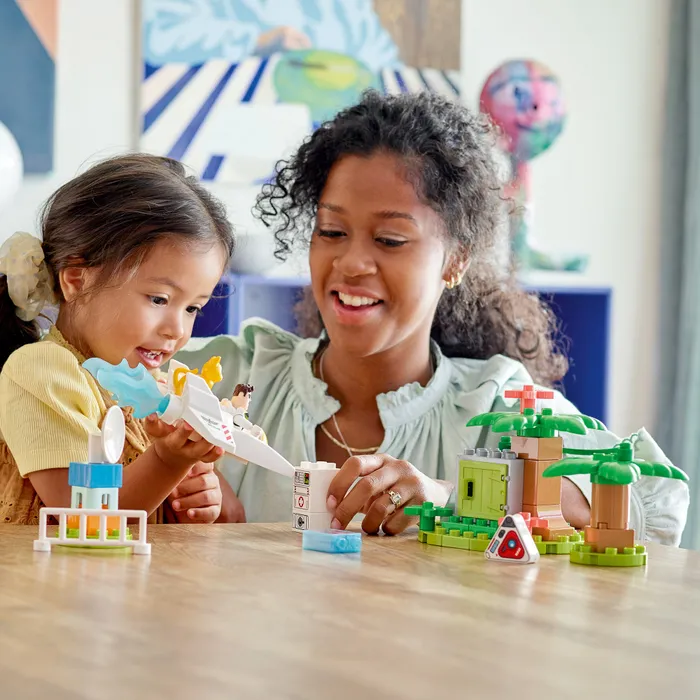Recent study reveals if you let your kids fail, they’re more likely to succeed later in life

When children encounter obstacles and experience setbacks, they learn to adapt, problem-solve and persevere. Picture: Supplied
Failure is often seen as a negative experience, associated with disappointment and setbacks. However, recent research suggests that failure can actually serve as a powerful teacher, equipping children with valuable skills and resilience that can pave the way for success later in life.
One of the key findings from various studies is that failure cultivates resilience, a crucial trait for navigating life’s challenges. When children encounter obstacles and experience setbacks, they learn to adapt, problem-solve and persevere.
According to psychologists, these skills are not only important for academic success, but also for building emotional intelligence and coping with stress throughout adulthood.
Considering that the World Health Organization (WHO) data shows the following:
– Depression is the fourth leading cause of illness and disability among adolescents aged 15 to 19.
– Anxiety is the ninth leading cause for adolescents aged 15 to 19 years.
– Mental health conditions account for 16% of the global burden of disease and injury in people aged 10 to 19.
As parents, our instinct is to shield our children from failure, ensuring they have a smooth path ahead and guiding them towards the “right” way of doing things.
However, what if we told you that failure is actually an essential part of a child’s growth?
It teaches them vital life skills, helps them cope with adversity and encourages them to adapt and thrive in any situation.
According to the enlightening 2022 LEGO® Play Well Study*, an astounding 97% of respondents agree that experimentation builds their child’s confidence.
Moreover, 95% of parents would rather see their child attempt something and fail than not try at all. They understand that experimentation fuels innovation and actively encourage their children to step out of their comfort zones.
Children themselves are eager to explore and experiment, with 96% expressing their love for testing new ideas and alternative approaches. However, it’s worth noting that 84% of them worry about not getting things right on the first try.
Miroslav Riha, country manager for South Africa and sub-Saharan Africa at the LEGO Group, emphasizes the importance of play in fostering experimentation and reframing failure as a positive experience.
“Play prepares children for the future by developing a wide range of hard and soft skills, including curiosity, creativity, communication and collaboration,” said Riha.
When children embrace their mistakes and are given the opportunity for a do-over, they learn the value of persistence and resilience. These qualities are essential in navigating challenges in the playground, classroom and workplace.
She added: “Using failure as a learning opportunity is a life skill that we all employ throughout our lives. When faced with failure, we reflect on our actions, evaluate alternative approaches and devise a plan to achieve success.
“This holds true whether we’re constructing a LEGO set, designing our own imaginative creations, or tackling complex projects in the adult world.”
If you find yourself witnessing your child’s frustration and tears over repeated failures, there are gentle ways to guide them towards embracing the positive aspects of failure.
Instead of offering empty reassurances like “you’ll do better next time”, acknowledge their disappointment and show that you understand their desire to improve.
For example, respond with: “I can see that you’re frustrated and that you’re determined to solve this problem” is a more constructive approach than a simple dismissal.
As a parent, you are their greatest role model. Sharing stories of your own failures and how you managed disappointment will teach them valuable lessons in resilience and moving forward.
Encourage them to take a moment after a difficult experience to reflect on what they’ve learnt and how they can approach it differently next time.
“These tools may vary across age groups, but the principles remain the same,” Riha explained.
Failure is a gift that imparts crucial life skills, whether children are building complex structures or navigating social dynamics on the playground. Let’s teach them to embrace failure and learn from it.
Related Topics: